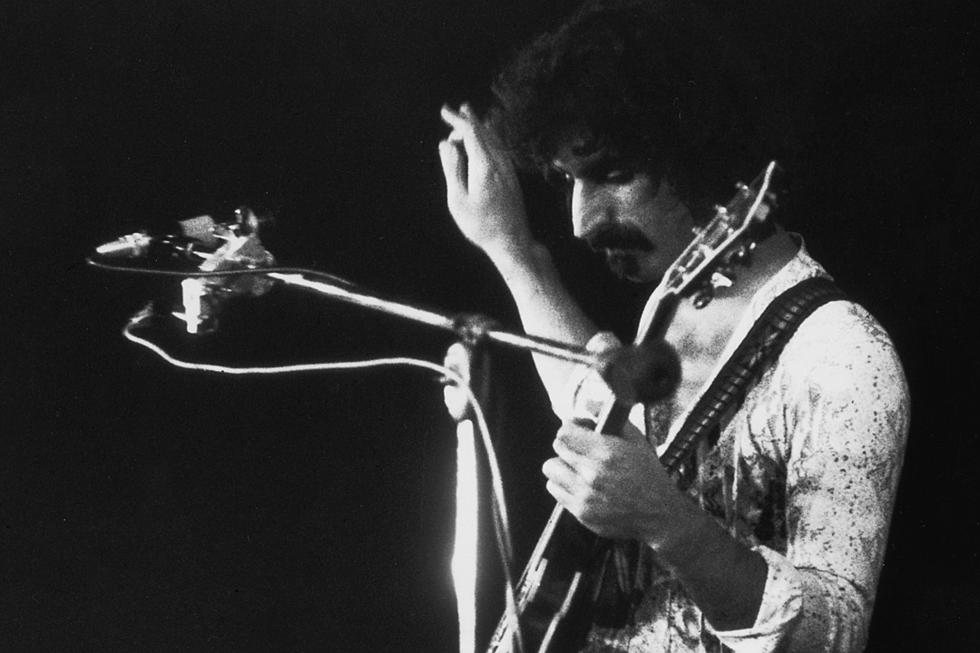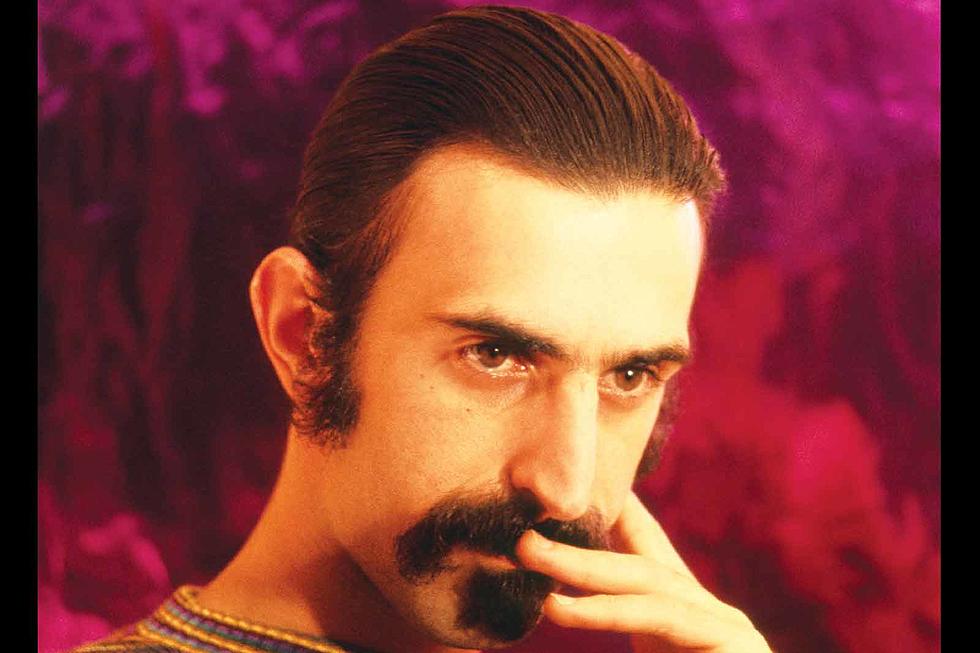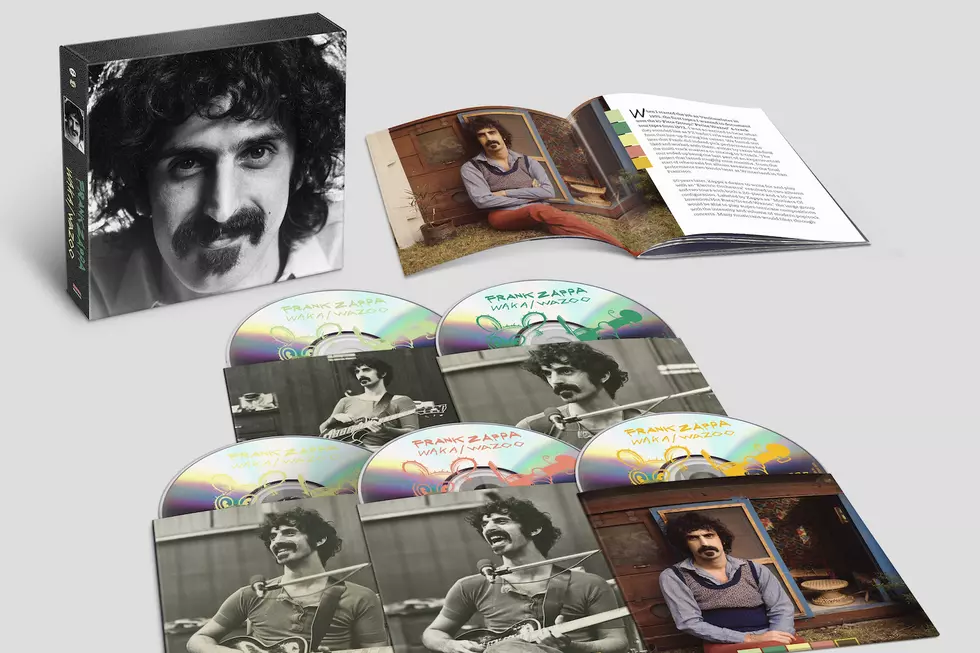
When Frank Zappa Was Pushed Offstage in London
Frank Zappa's live shows, much like his albums, were regarded as much for their irreverent playfulness as their technical virtuosity: They were wildly unpredictable, genre-hopping musical sideshows that united freaks and misfits of all varieties.
But on Dec. 10, 1971, that chaotic unpredictability turned ugly, when disgruntled fan Trevor Charles Howell pushed Zappa off the stage at London's Rainbow Theatre, inflicting multiple injuries upon the versatile guitarist and composer, ultimately leaving him in a wheelchair.
December 1971 is still remembered as the bleakest month in Zappa history. Only six days prior to the Rainbow incident, a crazed fan fired a flare gun during the band's performance at the Montreux Casino in Geneva, Switzerland. The venue's heating system exploded, starting a fire that left several fans injured, the band's equipment destroyed, and the venue itself burned to a crisp. The fire inspired Deep Purple's classic "Smoke on the Water," which was No. 32 on our list of the Top 100 Classic Rock Songs.
The "Rainbow Theatre Incident" obviously couldn't have come at a worse time. The attack took place during the band's encore, as Zappa (nodding to his British surroundings) launched into a cover of the Beatles' "'I Want to Hold Your Hand." That slightly sarcastic performance seemed to spark the rage of Howell, a 24-year-old manual worker: He raced to the stage, pushing Zappa into the venue's concrete orchestra pit, much to the horror of the panicked band and audience.
"The band thought I was dead," Zappa later recalled in his 1989 autobiography The Real Frank Zappa Book. "My head was over on my shoulder, and my neck was bent like it was broken. I had a gash in my chin, a hole in the back of my head, a broken rib, and a fractured leg. One arm was paralyzed."
As Howell attempted to flee, he was caught by enraged audience members, who passed him off to Zappa's roadies (who may or may not have roughed him up a little). Meanwhile, rumors of Zappa's allegedly fatal accident spread like wildfire throughout the crowd. Howell later admitted that he was jealous: His girlfriend had recently admitted her infatuation with Zappa, which triggered the sudden burst of rage.
The vicious attack forced the band to cancel the remaining dates of their tour, leaving Zappa wheelchair-bound for nearly a year. Though he would eventually recover from his injuries, he did suffer chronic back pain throughout his life – and many fans suspect Zappa's crushed larynx was the ultimate reason for his switch to a deeper, huskier vocal delivery. His next two studio albums, 1972's Waka/Jawaka and The Grand Wazoo, were full of richly layered jazz-fusion instrumentals.
See Frank Zappa Among the Top 100 Albums of the '60s
More From Ultimate Classic Rock









